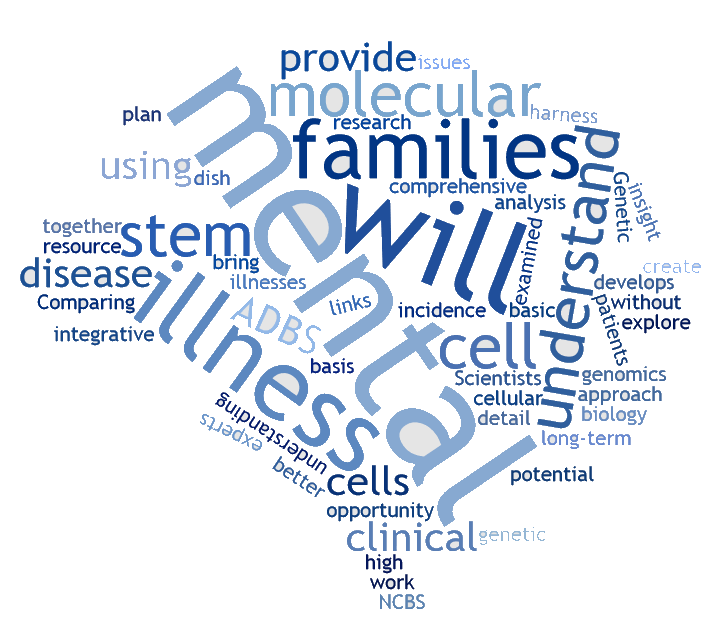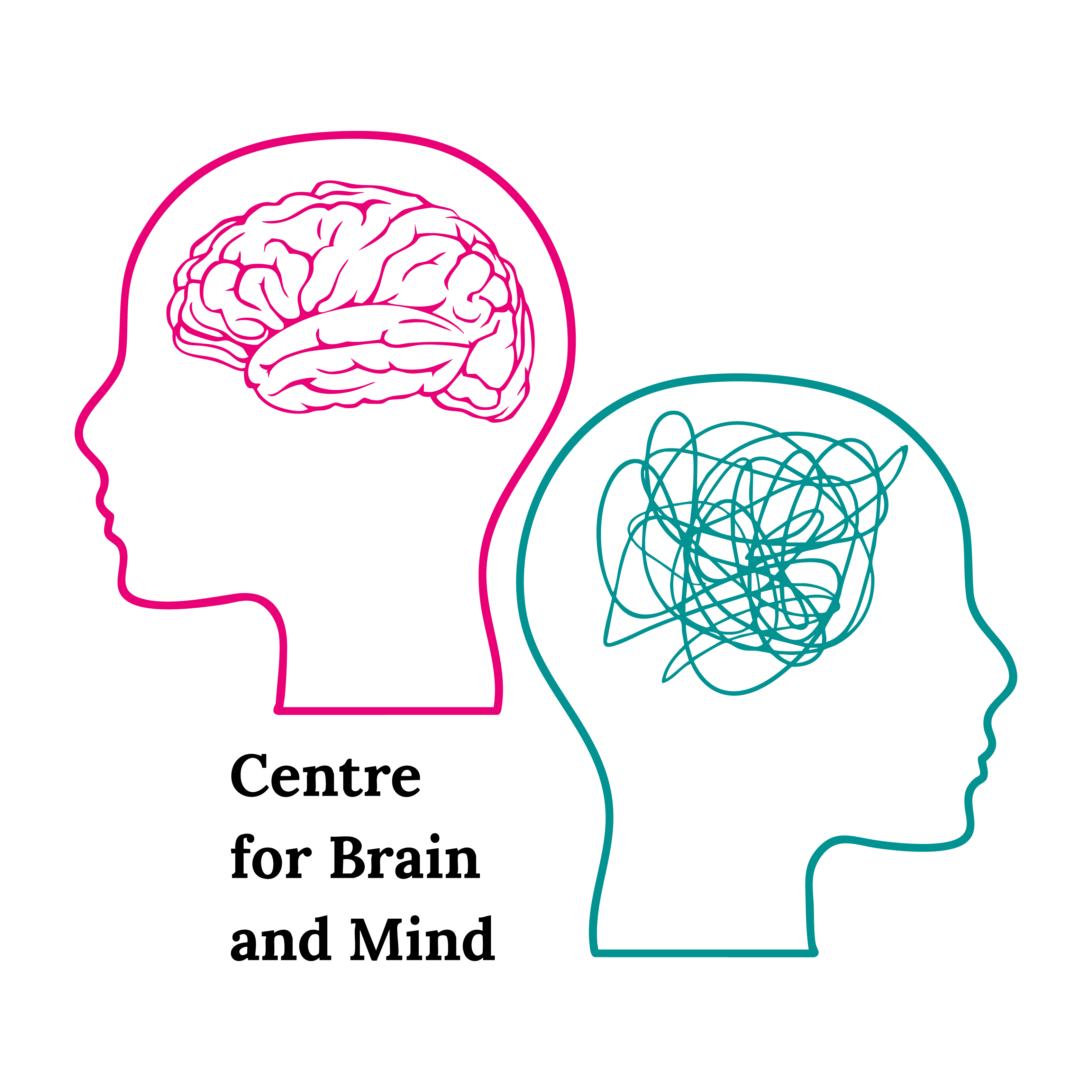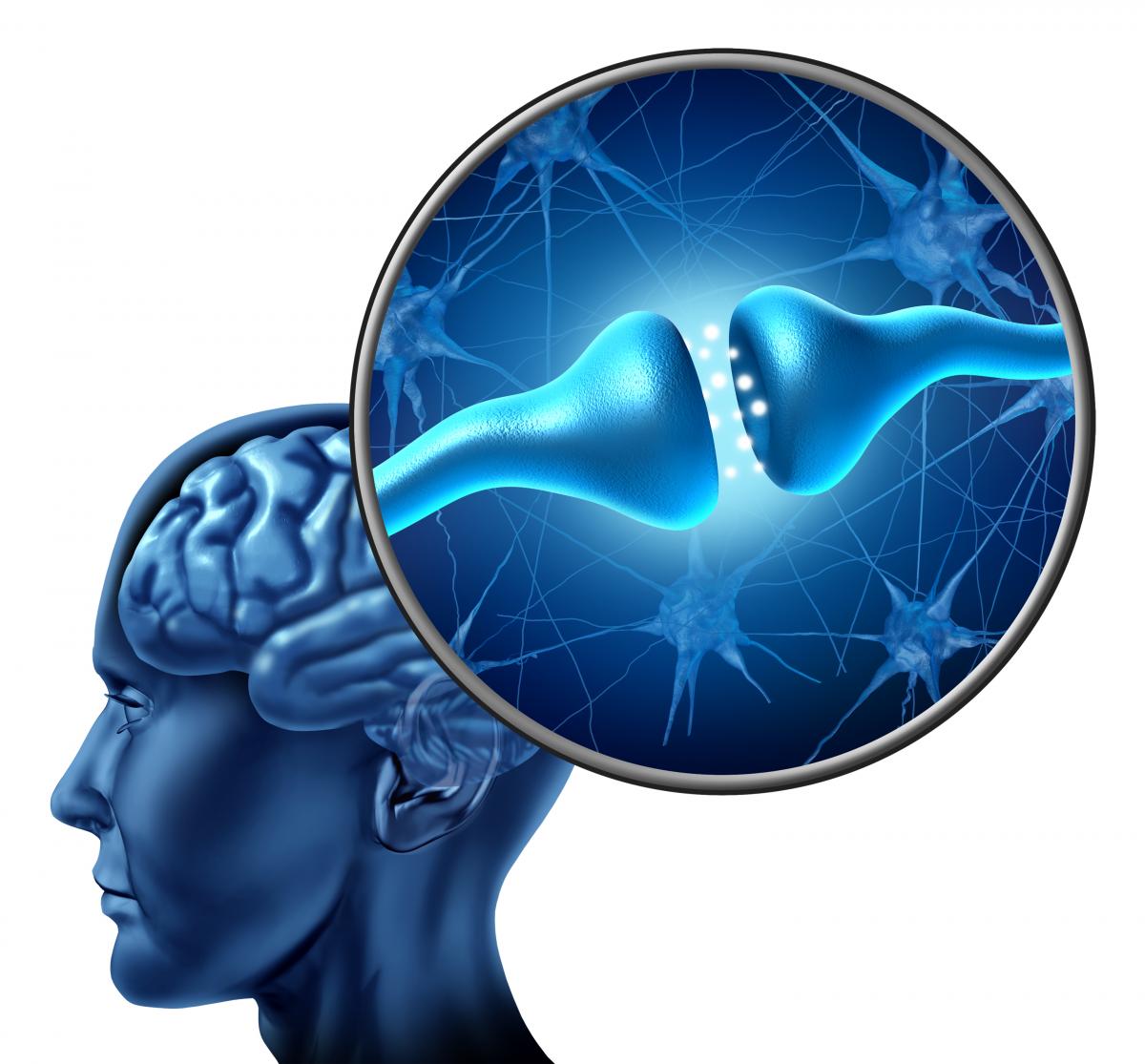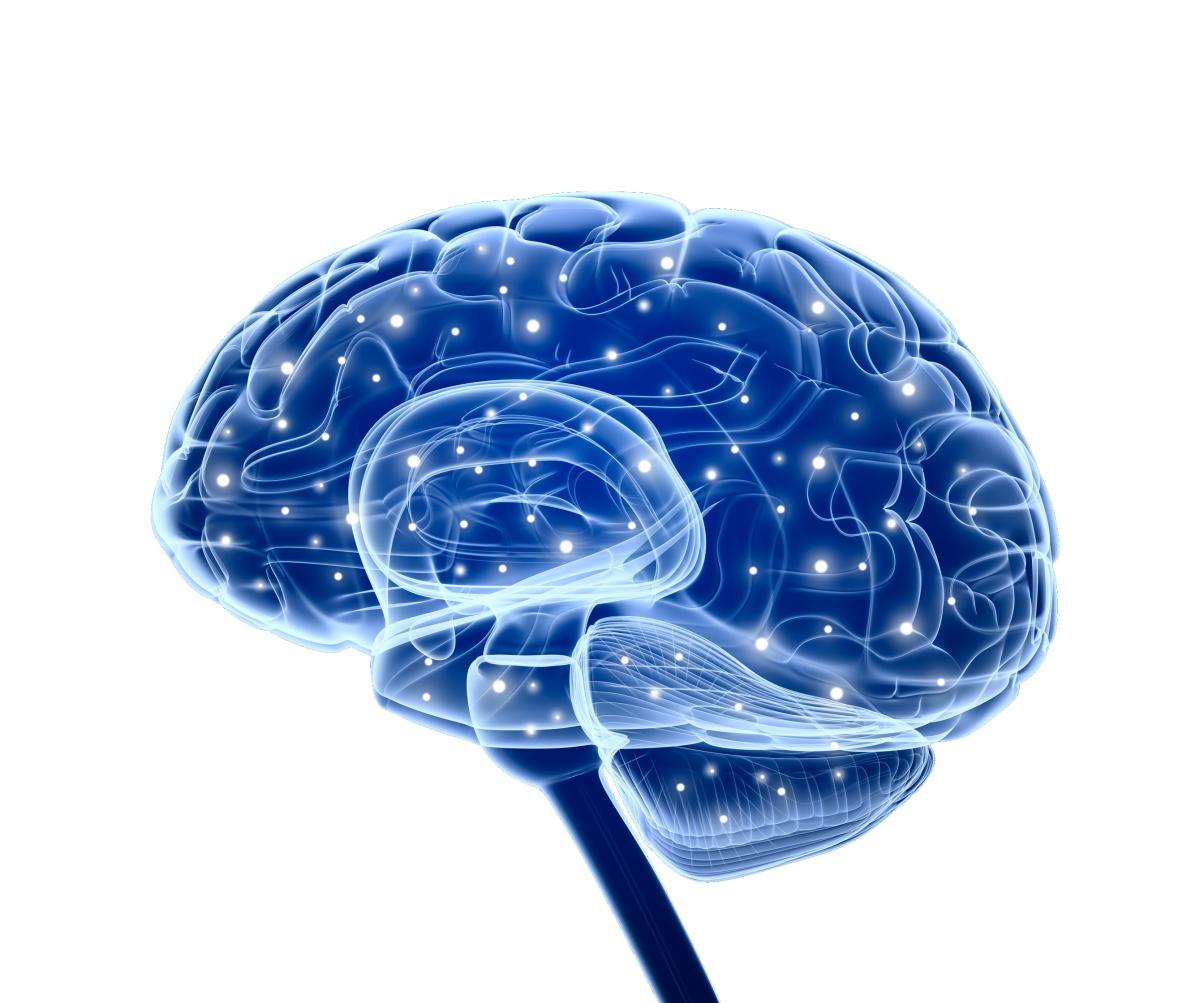 |
CBM is an integrative approach that links basic research with clinical studies of mental illness. Scientists from NCBS will work with clinicians from NIMHANS to explore how mental illnesses develop using human genetics and genomics coupled with stem cell technology. This program will bring together experts in molecular genetics, neurobiology and stem cell technology to create a comprehensive and long-term resource aimed at better understanding mental health issues at both the molecular and clinical levels. The CBM is creating a cohort of young adults from families where there appears to be a high incidence of mental illness. We plan to follow these families and individuals into the future to understand how and in whom mental illness develops. These families will be examined in detail by clinicians using modern medical technology. Genetic analysis of individuals from these families will provide an insight into the genetic basis of mental illness. This program will harness the potential of stem cell technology to understand “disease in a dish” models of brain cells. Comparing cells from patients with those from people without such mental illness will provide a unique opportunity to understand the disease biology of mental disorders at the molecular, cellular and developmental levels. |
Governance
Will be updated soon



